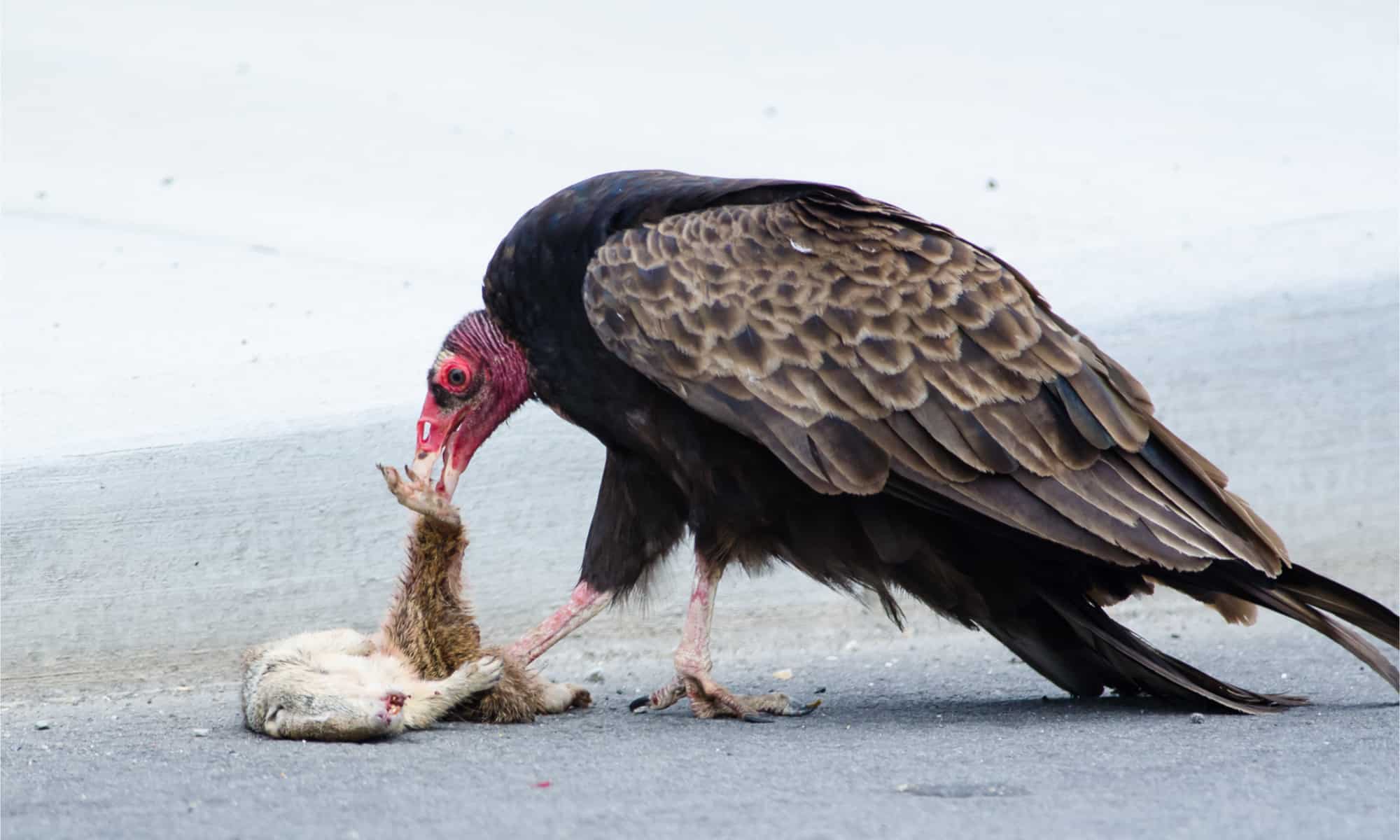As a tasty and abundant source of food, wild turkeys face predation from a diverse array of animals. Understanding turkey predators provides important insight into managing and conserving wild turkey populations. In this article, we’ll take a comprehensive look at what animals eat turkeys in the wild.
Large Mammal Predators
Several larger mammals prey on adult wild turkeys as well as their eggs and poults (baby turkeys) These include
-
Coyotes – An opportunistic and adaptable predator coyotes prey on adult hens and gobblers. Studies show viable turkey populations can withstand high coyote densities.
-
Bobcats – The primary wild turkey predator in many areas Bobcats kill mature turkeys Their impact on the population is lower than small nest predators.
-
Foxes – Both red and gray foxes stalk and kill adult turkeys. As generalist omnivores, they also consume eggs and poults.
-
Mountain Lions – Also called cougars, panthers or pumas. These large cats are powerful turkey predators, capable of killing adults.
-
Golden Eagles – With a six to seven foot wingspan, these massive birds prey on mature turkeys, especially in open habitats.
Small Mammals
Small predatory mammals largely target turkey eggs, poults and juveniles. Significant nest and poult predators include:
-
Raccoons – Common and adaptable, raccoons are major nest predators. They consume eggs and kill poults.
-
Opossums – Opossums raid nests and eat eggs. They also kill poults and juveniles.
-
Skunks – Striped skunks are problematic nest predators. They eat eggs and kill poults up to 4-6 weeks old.
-
Rodents – Rats, mice and chipmunks eat eggs and kill just-hatched poults. Some larger rodents kill older poults.
-
Snakes – Rat snakes, bull snakes and other large snake species prey on eggs and poults.
Birds of Prey
Raptors are a significant threat due to their hunting abilities. Birds that prey on turkeys include:
-
Great Horned Owls – A dominant nocturnal predator of adult and young turkeys. The primary avian predator in many regions.
-
Hawks – Red-tailed hawks, Cooper’s hawks and goshawks kill adult hens and poults.
-
Crows & Ravens – Intelligent, opportunistic birds that consume eggs and poults.
Other Wild Turkey Predators
Additional predators that opportunistically prey on turkeys and/or their eggs include:
- Feral cats & dogs
- Wolves
- Bears
- Feral hogs
- Humans (hunting)
Turkeys evolved alongside these predators and have adaptations to withstand predation pressure, including large clutch sizes, roosting in trees, and flocking behavior.
However, habitat loss exacerbates predation. Quality habitat with dense understory vegetation provides vital escape cover and allows turkeys to better avoid encounters with predators. Managing habitat to optimize cover and concealment is key to reducing predation impacts.
While predator control remains controversial, limited control may benefit turkey populations in certain contexts, such as reintroduction programs. However, maintaining high-quality habitat is generally more effective for the long-term viability of wild turkeys than predator removal.
Wild turkeys face a wide range of natural predators, from large mammals to snakes. Small predators that target the nest and poults often have the largest impacts on turkey numbers. Understanding the threats posed by different predators provides key insights for management. Habitat quality also strongly influences vulnerability to predators. With healthy habitat and regulated hunting, wild turkeys can thrive despite predation pressure. Through research and monitoring, we can ensure sustainable populations of these iconic game birds.

What Eats A Turkey? What Does Turkey Eat?
Turkeys are large birds that are native to North America. They are a popular main dish for holiday meals and are raised on farms across the United States. But in the wild, turkeys have a complex relationship with predators and have adapted specialized diets.
In this article, we’ll look at what eats wild turkeys, as well as what turkeys themselves eat in their natural habitat.
What Do Wild Turkeys Eat?
Turkeys are omnivorous, meaning they eat a varied diet of both plant and animal matter. Here are some of the main components of their natural diet:
Turkeys forage on the ground for many kinds of seeds and nuts, including beechnuts, acorns, buckwheat, sunflower seeds, and pine nuts. They swallow these whole, crushing them in their muscular gizzard.
Turkeys complement their diet with seasonal fruits and berries like cherries, grapes, sumac fruit, blackberries, apples, and elderberries. They provide sugars and carbohydrates.
Turkey chicks live almost entirely off protein-rich insects for their first few weeks of life. Adults also eat insect fare like grasshoppers, crickets, beetles, flies, spiders, caterpillars, ants, and larvae.
Turkeys seek out stands of wheat, rye, oats, millet, buckwheat, and other grains. The seeds provide valuable calories to sustain the active birds. Agricultural fields are attractive to turkeys.
Turkeys forage on many types of leafy greens they find, including grasses, clover, alfalfa, vetch, and agricultural greens like lettuce, spinach, and kale. Greens provide vitamins and minerals.
Turkey poults and occasionally adults will hunt for protein-rich reptiles and amphibians like small lizards, snakes, frogs, salamanders, and newts. These small prey items supplement their diet.
BIG Cats Eat Turkey!
FAQ
What is the #1 predator of the wild turkey?
What are the apex predators of turkey?
Do wolves eat wild turkeys?
Should I feed wild turkeys in my yard?
